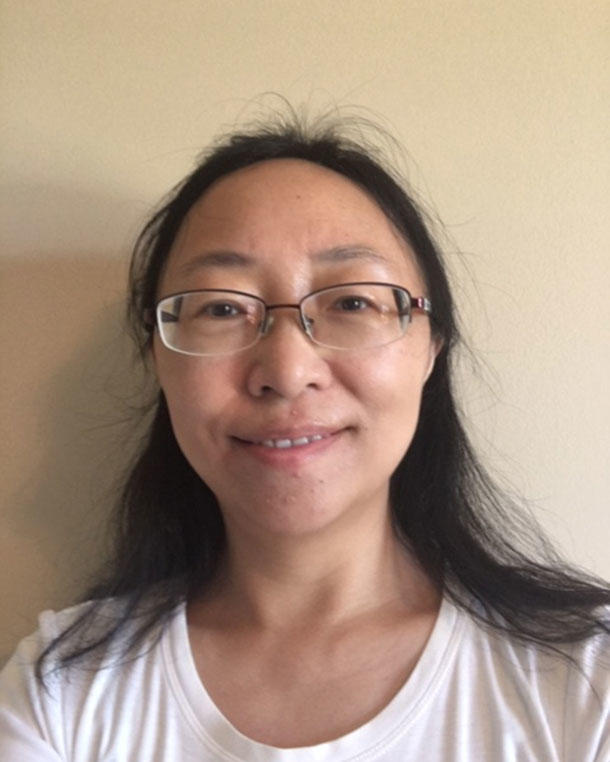Years at DCEG: 2010-2017
DCEG Title: Visiting Fellow and then Research Fellow
Current Organization: Roswell Park Comprehensive Cancer Center
Current Title: Assistant Professor of Oncology
Who was your mentor at DCEG? What did you work on?
Neil E. Caporaso, M.D., was my primary mentor. I also received great mentorship from other PIs, such as Regina G. Ziegler, Ph.D., M.P.H., Sholom Wacholder, Ph.D., and Maria Teresa Landi, M.D., Ph.D.
I worked on two research trajectories. The first area focused on smoking, including: genetic determinants of smoking behaviors, molecular biomarkers associated with smoking, and lung cancer risk prediction. My second focus was on the association of sleep patterns, circadian rhythm, and cancer risk.
I conducted large population studies using data from DCEG (EAGLE, AARP, PLCO) and genetic cohort consortium (GAME-ON). I also initiated a collaboration with Dr. Elizabeth Klerman, a circadian rhythm expert from Harvard Medical School to conduct a pilot study on diurnal variations of blood metabolites. I appreciated Dr. Caporaso’s help in developing research projects based on my enthusiasm.
What is your current position?
Assistant Professor
How do you apply the skills you developed at DCEG in your current job?
My current research is focused on sleep, circadian rhythm, and cancer outcome research, which heavily relies on the foundation I built during my time at DCEG. The collaborations I developed at DCEG helped me to quickly establish new collaborations here at Roswell Park. The skills I learned from the circadian pilot study helped me to receive a clinical and translational research award in my current position, which resulted in an additional R01 grant submission.
Do you have any memories from your fellowship that you would like to share?
DCEG is full of resources for research and career development, as well as diverse cultures. The various opportunities, uncertainty of the future, and the challenges I faced with communication and in my family all pushed me to think about the purpose of my life and come to a better understanding of what my real interests are. I appreciate the friendship and support from other fellows, PIs, and the Office of Education, who accompanied me through this transition period, which really is precious in my life.
What do you do in your free time?
I like to enjoy time with my family, to make food, read the Bible and meditate, hike, and dance.
Do you have any advice for current or future DCEG fellows?
Find an area that really interests you and take full advantage of the resources, mentorship, and career development opportunities at DCEG to build your career. Appreciate every day and every situation. Embrace challenges—they are part of your growth and may bring you a renewed sense of life.
